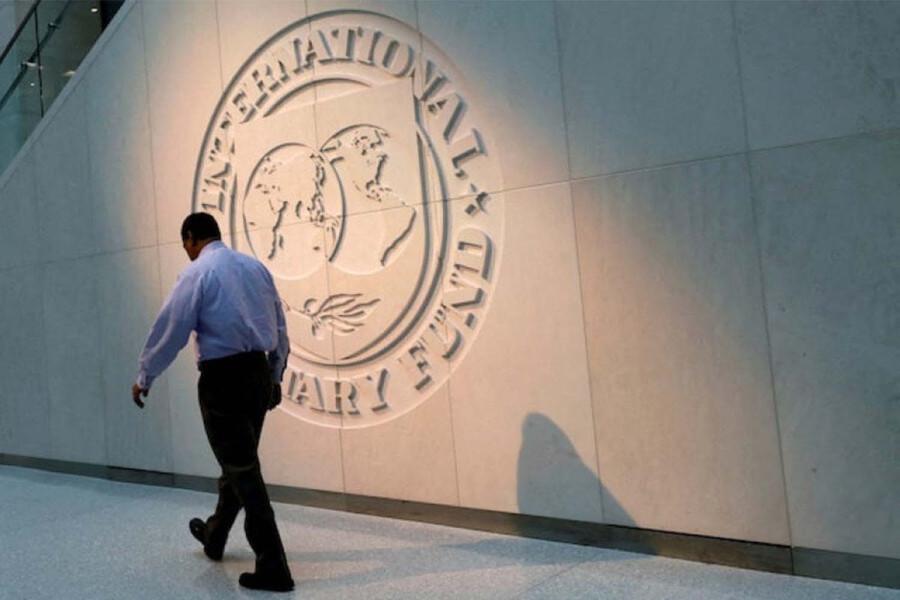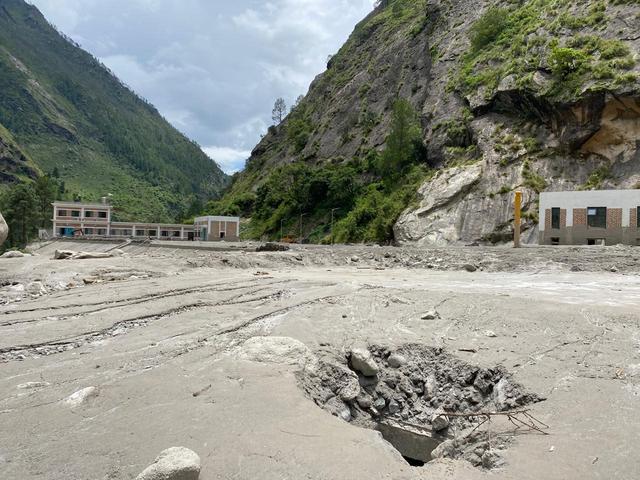IMF Completes Sixth Review of Nepal’s Extended Credit Facility — Economy Showing Gradual Improvement
Author
NEPSE TRADING

The International Monetary Fund (IMF) has completed the sixth review of Nepal under the Extended Credit Facility (ECF). According to the review, Nepal has faced relatively limited impact from global trade and aid disruptions compared to other economies.
Economic Recovery and Growth
The IMF observed that economic activities are gradually improving, supported by a revival in construction and manufacturing, expansion in hydropower, and good crop yields that partially offset the impact of the September 2024 floods.
For the fiscal year 2024/25, Nepal’s economic growth is projected at 4.3%, though still below potential levels, with the Fund urging continued policy caution and prudence.
Inflation and Monetary Stability
Inflation is projected to remain around 5%, which is within the Nepal Rastra Bank’s (NRB) target range.
The Fund noted that Nepal’s external position has improved, with rising exports, remittances, and tourism earnings contributing more strongly than the rebound in imports.
Banking Sector Pressure
The IMF flagged emerging challenges in Nepal’s banking system, highlighting that rising non-performing loans (NPLs) are pressuring banks’ capital positions.
It also warned that the financial health of cooperatives and savings institutions remains fragile and concerning.
Fiscal Management and Policy Recommendations
The IMF emphasized the need for stronger focus on public debt management, financial sector stability, anti–money laundering measures, and public financial governance.
While acknowledging the gradual economic recovery, the report stressed that fiscal discipline, transparency, and effective policy coordination are crucial for sustaining long-term stability.
According to the IMF’s sixth review, Nepal’s economy is steadily stabilizing, supported by remittance inflows, tourism growth, and resilient domestic sectors. However, rising loan defaults, weak cooperative institutions, and fiscal management challenges highlight the need for sustained policy vigilance.



